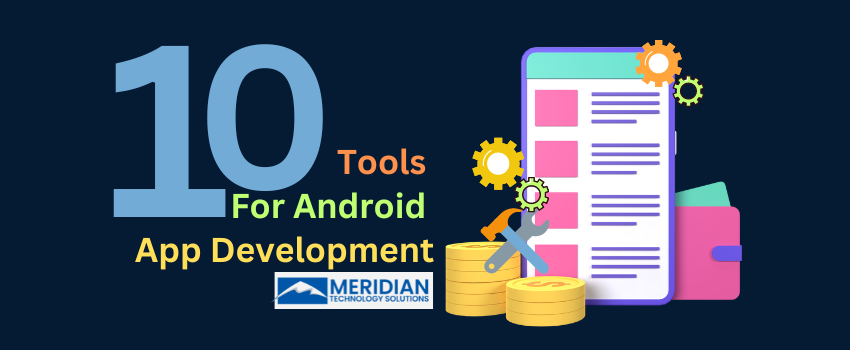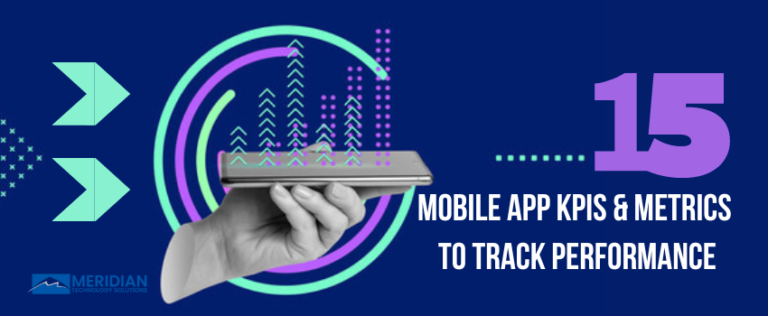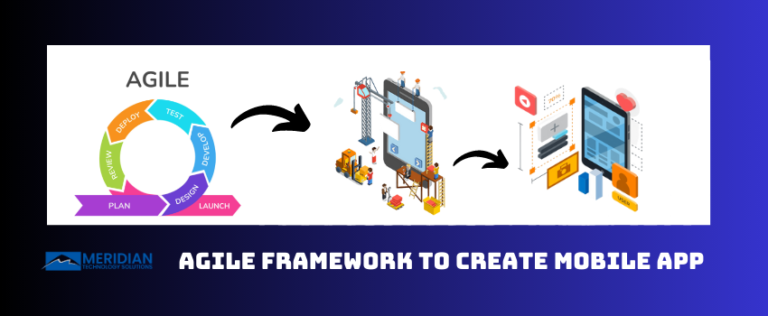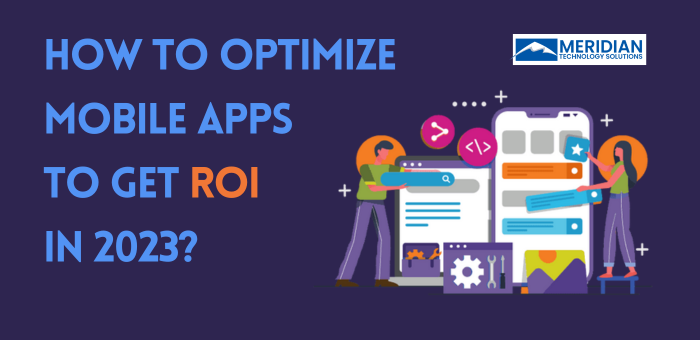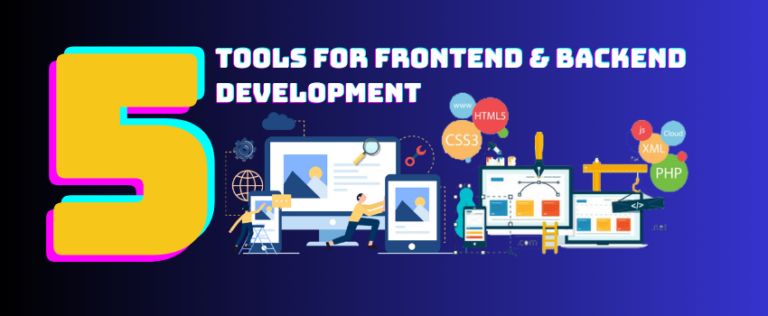10 Best Tools For Android App Development
Most companies who develop mobile applications, create apps that work on multiple devices. To develop interactive applications, using the best tools is the right choice.
Android app development tools provide libraries, frameworks, and resources that streamline the app development process. These tools are bundled with features like code editors, emulators, debugging tools, and project management capabilities.
Here is the list of 10 best tools for Android app development:
(1) Android Studio: The official Integrated Development Environment (IDE) for Android app development, providing a comprehensive set of tools, emulators, and debugging features. Android Studio is the standard software for developing Android apps. It supports both Google as well as the community of developers.
(2) IntelliJ IDEA: A powerful Java IDE that offers excellent support for Android development, including code analysis, refactoring, and debugging. It offers suggestions and automatically fixes common coding mistakes that helps developers write code more efficiently and reduces the occurrence of bugs. It comes with powerful refactoring tools that simplify code restructuring. This eases the developer’s task to rename variables, extract methods, and perform other code modifications safely. Thus, it ensures that the codebase remains maintainable and readable.
(3) Firebase: Firebase is a popular choice for Android app development due to its comprehensive set of features and ease of integration. It offers real-time database capabilities which enable app developers to create collaborative and interactive apps with synchronized data across devices. Firebase simplifies authentication and user management thereby providing secure login options and seamless integration with social media platforms. It is featured with a cloud messaging feature that facilitates push notifications to keep users engaged. With its in-app messaging and dynamic links features, Firebase provides developers with a complete suite of tools to streamline app development and thus, enhance user engagement to deliver a seamless experience for Android app users.
(4) Genymotion: A fast and feature-rich Android emulator that allows developers to test their apps on different virtual devices. Genymotion provides a high-performance virtual environment for testing and debugging Android apps on various virtual device configurations and versions. With its accelerated graphics rendering, It delivers faster and smoother emulation for improving the overall development experience. Besides, it supports advanced features like GPS simulation, network latency emulation, and hardware sensor simulation. Genymotion’s versatility, speed, and extensive device compatibility make it a valuable tool for Android developers.
(5) Gradle: A build automation tool used for managing dependencies, building, and packaging Android apps. Gradle is integrated with Android Studio. It is the recommended build system for Android app development with several benefits. It simplifies dependency management by automatically resolving and downloading libraries. Gradle offers a flexible and declarative syntax for defining build configurations, allowing developers to customize the build process to their specific needs. It supports incremental builds, optimizing build times by only recompiling modified code. Gradle also integrates seamlessly with other development tools and frameworks. Its extensive plugin ecosystem provides additional functionality for tasks like code analysis, testing, and deployment.
(6) Glide: An image loading and caching library that provides smooth and efficient image loading capabilities for Android apps. Glide simplifies the process of loading images from various sources, such as URLs, local files, or resources, and efficiently caching them for faster retrieval. Glide offers advanced features like placeholder images, image transformations, and GIF support. It handles memory management effectively, reducing the risk of OutOfMemoryErrors. Glide’s ease of use, performance optimization, and rich feature set make it an excellent choice for handling image loading in Android apps.
(7) Crashlytics: A powerful crash reporting tool provided by Firebase, allowing developers to track and analyze app crashes and issues. It provides real-time crash reports, detailed crash logs, and stack traces which enables app developers to quickly identify and prioritize issues. Crashlytics offers insights into the root cause of crashes, helping developers improve app stability and enhance the user experience.
(8) Espresso: A widely-used testing framework for Android app UI testing. It enables developers to write automated UI tests to ensure the app’s functionalities work as expected. This allows mobile app developers to automate user interactions and validate app behavior. Espresso offers powerful features like synchronization with app components, flexible assertions, and UI interaction recording. It provides fast and reliable testing, helping developers ensure the quality and functionality of their Android apps across different devices and configurations.
(9) ProGuard: A code obfuscation and optimization tool that helps reduce the app’s size and secure sensitive information by renaming and shrinking the code. Proguard helps reduce the app’s size and improve performance. Proguard also helps protect against reverse engineering by renaming classes, methods, and variables. It is a valuable tool for securing and optimizing Android apps, safeguarding intellectual property, and preventing unauthorized access to sensitive information.
(10) Kotlin: A modern programming language fully supported by Google for Android development, Kotlin has gained immense popularity as the preferred programming language for Android app development. Its concise syntax, null safety, and functional programming capabilities make code more readable, maintainable, and less prone to errors. Kotlin is fully interoperable with Java, allowing seamless integration with existing codebases. It offers features like coroutines for asynchronous programming and extension functions for enhancing code expressiveness. With its robust tooling and community support, Kotlin enables developers to write clean, efficient, and modern Android apps.
With these Android app development tools, mobile app developers can save time in creating robust mobile apps and tap into a vast network of resources. Ultimately, this leads to the successful development and deployment of Android apps in the market.
If you are looking for mobile app development, contact our experienced mobile app developers.

